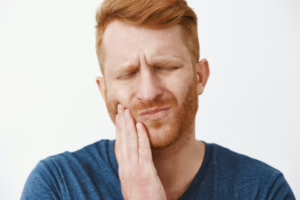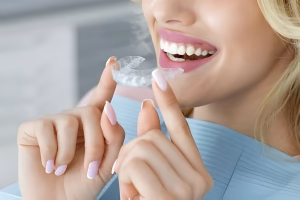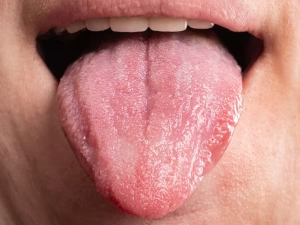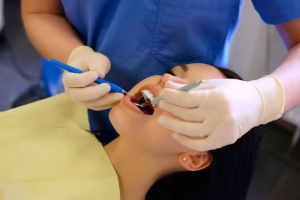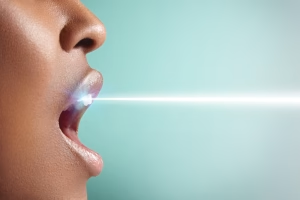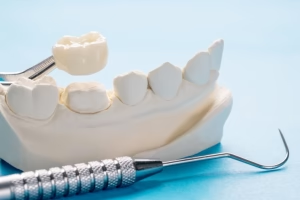Keeping calm in a dental emergency – overview of common dental emergencies
8 November 2015

Dental emergencies can be traumatic and knowing what to do can be difficult when most emergencies occur out of standard dental surgery hours. No matter how big and brave you are a tooth or gum injury should never be ignored.
In this article the team from MGA Dental outline basic steps for identifying a dental emergency and offer a range of situations where you might seek afterhours or emergency dental assistance.
Dental emergencies usually occur during day-to-day activities such as eating or playing sport. Injuring your tooth can be inconvenient; however not seeking proper, timely care can cause long term effects in some cases which could easily be avoided with appropriate treatment
How do I know if you’ve got a dental emergency or if it can wait?
The simple rule of thumb is that if it prevents you from eating or sleeping, it is an emergency and you should call your emergency or after hours dentist straight away to discuss.
Below is a short summary of some common emergency dental issues that may provide some guidance in the event of a dental emergency.
Knocked out tooth:
In the case of a tooth being knocked out is vital to visit an emergency dentist immediately to avoid any long-term damage. Gently clean the knocked out tooth and if possible try to place it back into the socket. If the tooth won’t go back in the socket, ensure you keep the tooth damp or in a cup of water to safeguard it from drying out. The highest chances of saving the tooth are where it is returned to the tooth socket within 1hr of the accident.
Cracked tooth:
Ensure you save any pieces you can find of your cracked or broken tooth. Use cold compress to stop any bleeding and reduce swelling. Depending on your injury, broken or cracked teeth may or may not require emergency dental treatment, have a chat with your dentist to discuss the best treatment.
Toothache:
One of the most common conditions for individuals seeking emergency dental or after hours treatment, toothache can have a range of causes. Rinse mouth with hot water, use a dental floss to get the rid of lodged food between your teeth and then if the toothache persists, schedule an appointment with your dentist.
Lost filling:
As a provisional measure, stick a piece of sugarless gum into the cavity or use an over-the-counter dental cement. See your dentist as soon as possible.
Lost crown:
If the crown falls off, make an appointment to see your dentist as soon as possible and bring the crown with you.
Abscess:
Abscesses are nasty infections that occur around the root of a tooth. Abscesses are a very serious condition that can damage tissue and surrounding teeth, with the infection possibly spreading to other parts of the body if left untreated. If you think you have an abscess contact your dentist immediately.
Dental injuries are very uncomfortable but if handled properly and quickly you can ensure the best dental health for you and your family.
MGA Dental is available 7 days for emergency dental and afterhours appointments as well as general and cosmetic dentistry during office hours.
To discuss your dental emergency or for more information speak with the experts from MGA Dental Gold Coast and Brisbane phone Gold Coast (07) 5539 9748 or Brisbane 07 3273 3343.
Visit our website to book your appointment online www.mgadental.com.au or email [email protected].

